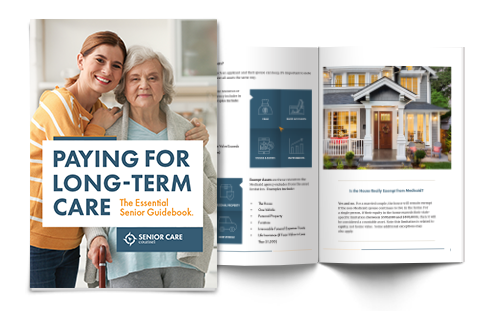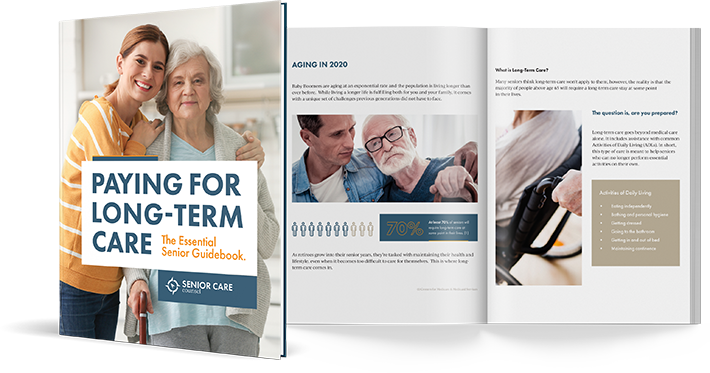Who Needs a Medicaid Annuity?

When it comes to protecting your hard-earned savings while qualifying for Medicaid, the right tools can make all the difference. That’s where the Medicaid Compliant Annuity (MCA) comes in. When used as part of a long-term care planning strategy, an MCA allows individuals—often seniors or their spouses—to preserve assets while accessing Medicaid benefits.
But not everyone needs a Medicaid annuity. So how do you know if it’s the right solution for you or a loved one? We’ll answer that question—and several others—in the post below.
What is a Medicaid Compliant Annuity?
A Medicaid Compliant Annuity is a specific type of single-premium immediate annuity designed to help individuals meet Medicaid’s strict asset and income restrictions while preserving a portion of their wealth. Unlike traditional annuities used for retirement income, an MCA is tailored for long-term care planning and must meet a unique set of rules outlined by federal and state Medicaid guidelines.
To be considered Medicaid-compliant, the annuity must satisfy several key criteria. It must be irrevocable, meaning it cannot be altered or canceled. It must also be non-transferable and actuarially sound, meaning that the annuity term cannot exceed the purchaser’s life expectancy. It must offer equal monthly payments with no deferrals or balloon payments. Lastly, it must name the state Medicaid agency as the primary or contingent beneficiary to the extent of benefits paid on behalf of the recipient.
Why is this important? When someone applies for Medicaid, their available assets are counted to determine eligibility. By converting excess countable assets into an income stream using an MCA, applicants can often reduce their countable resources enough to qualify for benefits.
This makes the MCA a powerful tool in both crisis Medicaid planning and pre-eligibility asset protection.
Read more: Advance Planning vs. Medicaid Planning for Long-term Care
Who Might Benefit from a Medicaid Annuity?
Wondering whether you’d personally benefit from a Medicaid Compliant Annuity? Ask yourself if one of the following scenarios applies to you or a family member:
- You’re part of a married couple, and one spouse needs to enter a nursing home, but the other spouse (the “community spouse”) wants to preserve their shared assets.
- You’re a single individual who missed the opportunity to transfer assets in advance, and you have immediate long-term care needs.
- You have non-exempt cash or assets you want to convert quickly to preserve Medicaid eligibility.
- You’re facing a crisis planning situation where immediate Medicaid qualification is essential.
If any of the above scenarios apply, then you would likely benefit from a Medicaid annuity.
When Is a Medicaid Annuity Not Necessary?
A Medicaid Compliant Annuity isn’t always the right fit. Individuals who have already reduced their assets below Medicaid’s limits through spend-down strategies or exempt transfers may not find an annuity necessary. Similarly, individuals who have other forms of exempt income or qualify for Medicaid through other waivers may not have any reason to seek out an MCA.
That’s why consulting with an elder law attorney or long-term care planning specialist is critical, especially because the rules vary widely by state.
Read more: 3 Must-Know Facts about Long-Term Care Insurance
Who Can You Turn to for Help?
Medicaid planning isn’t one-size-fits-all, and neither is the Medicaid Compliant Annuity. For the right individual, though, it can offer a powerful way to secure asset protection while providing quality long-term care.
Want to find out if an MCA is right for you or your family? Tell us about your situation, and we’ll offer personalized insights and long-term care strategies that fit your situation.
[FREE] GET OUR PLANNING GUIDE:
"Paying for Long-Term Care - The Essential Senior Guidebook"This guide takes a deep dive into the landscape of long-term care and how to pay for it without going broke, including the answers to your top questions surrounding Medicaid.
GET MY COPY
